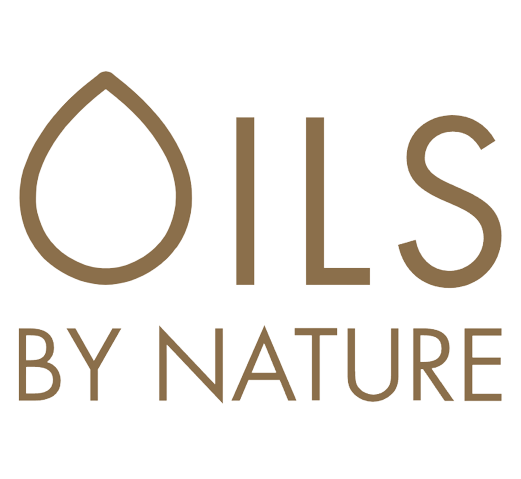Discover natural alternatives for treating and preventing rosacea without the use of harsh chemicals. Learn about the causes, symptoms, and effective skincare routines to manage red skin and inflammation.
Understanding Rosacea
Rosacea is a chronic skin disease characterized by a persistent inflammatory condition causing redness and discomfort. While not curable, proper skincare and dietary adjustments can effectively manage and minimize outbreaks.
Rosacea vs Red Skin
Red skin can result from various factors, including dryness and irritation, while rosacea involves more severe symptoms such as inflamed buds, dilated blood vessels, and facial redness. Regardless, maintaining skin hydration and avoiding irritating products is crucial.
Managing Rosacea
Rosacea can be controlled through skincare and diet adjustments. Certain foods, alcohol, and sunlight exposure may trigger outbreaks. While prevalent in women with light skin, anyone can be affected, typically showing signs in their late twenties.
Symptoms of Rosacea
Rosacea manifests in various ways, affecting different parts of the body such as the face, scalp, and eyes. Early signs often appear in the late twenties, and the severity of symptoms varies among individuals.
Alternative and Natural Treatment
For a natural and chemical-free approach to treating rosacea, establishing a good skincare routine is essential. Consider using apricot kernel oil, a moisturizing and anti-inflammatory option rich in vitamins A, C, and E, without the irritation caused by some creams.
Benefits of Apricot Kernel Oil
- The oil reduces red skin
- Emollient without greasing
- Rich in vitamins A, C, and E
- Contains natural antioxidants
- Anti-inflammatory and antiseptic properties

